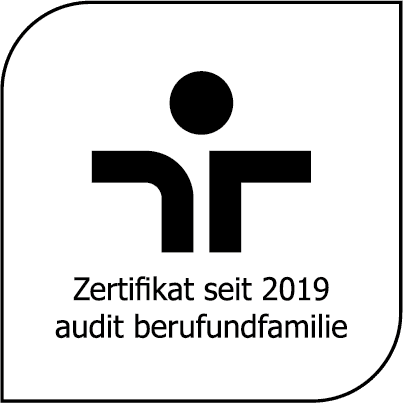Test instruments sorted
Contact person for the Open Test Archive
Gülay Karadere (Dipl.-Psych.)
Research Associate
guek@leibniz-psychology.org
TEI
Training Evaluations Inventar
Short abstract
The Training Evaluation Inventory is used to evaluate an ongoing or already completed training with regard to theoretically and empirically based training outcome and training design dimensions. It comprises a total of 45 items at the levels of training outcomes (Subjective Fun, Perceived usefulness, Perceived Difficulty, Subjective Knowledge Growth, Attitude towards Training) and training design (Problem-Based Learning, Activation (of prior knowledge), Demonstration, Application, Integration). The dimensions of training outcomes are based on the hierarchical model of training outcomes by Kirkpatrick (1998). Reliability: The internal consistency is at Cronbach's alpha >= .73 (one exception: alpha = .66) Validity: Discriminant, convergent and criterion validity were checked.
Leibniz Institute for Psychology (ZPID). (2020). Open Test Archive: TEI. Training Evaluations Inventar. Available at: https://www.testarchiv.eu/en/test/9007914
Citation
Ritzmann, S., Hagemann, V. & Kluge, A. (2020). TEI. Training Evaluations Inventar [Verfahrensdokumentation, Fragebogen Deutsch und Englisch]. In Leibniz-Institut für Psychologie (ZPID) (Hrsg.), Open Test Archive. Trier: ZPID.
https://doi.org/10.23668/psycharchives.4493
Short information
Short Name TEI
English Name Training Evaluation Inventory
Authors Ritzmann, S., Hagemann, V. & Kluge, A.
Published in Test archive 2020
Copyright/Licence Copyrigt Authors; CC BY-SA 4.0
Language versions deu eng
Construct Hierarchical model of training outcomes (Kirkpatrick, 1998)
Application age 18 years and older (employed persons); also for 16-year-old trainees
Item number 45 items
Subscales Training outcome: 1 Subjective fun, 2 Perceived usefulness, 3 Perceived difficulty, 4 Subjective knowledge growth, 5 Attitude towards training; Training design: 1 Problem-based learning, 2 Activation, 3 Demonstration, 4 Application, 5 Integration
Application Time approx. 6-8 min.
Interpretation time approx. 4 min. each case (manually)
Internal consistency: Cronbach's alpha >= .73 (one exception: alpha = .66).
Hints for discriminant, convergent and criterion validity.
None; Reference values: means, standard deviations, skewness and kurtosis.
Applications Research; Staff training
Older versions
Version 1: https://doi.org/10.23668/psycharchives.3454
There is no abstract in English available. Short information about the measure can be found under Overview. More can be found on the German pages.
There is no review in English available. Short information about the measure can be found under Overview. More can be found on the German pages.
First published in
Ritzmann, S., Hagemann, V., & Kluge, A. (2014). The Training Evaluation Inventory (TEI) – Evaluation of Training Design and Measurement of Training Outcomes for Predicting Training Success. Vocations and Learning, 7, 41–73. https://doi.org/10.1007/s12186-013-9106-4
Feedback form
Feedback on the use of a procedure from the Open Test Archive of the Leibniz Institute for Psychology (ZPID) to the test author(s)
Contact information
Prof. Dr. Vera Hagemann, Universität Bremen, Professorin für Wirtschaftspsychologie und Personalwesen, WIWI 1 Gebäude, Raum A2300, Enrique-Schmidt-Straße 1 , D-28359 Bremen
Sandrina Ritzmann, Leiterin Führungsentwicklung und Talentmanagement, CAMPUS GROUP AG, Brandstrasse 25, CH-8952 Schlieren, Schweiz
Prof. Dr. Dipl.-Psych. Annette Kluge, Ruhr-Universität Bochum, Fakultät für Psychologie, Lehrstuhl Arbeits-, Organisations- & Wirtschaftspsychologie, IB 5/185 Gebäude-Postfach 66, Universitätsstraße 150, D-44780 Bochum

 Learn more about us!
Learn more about us! 
